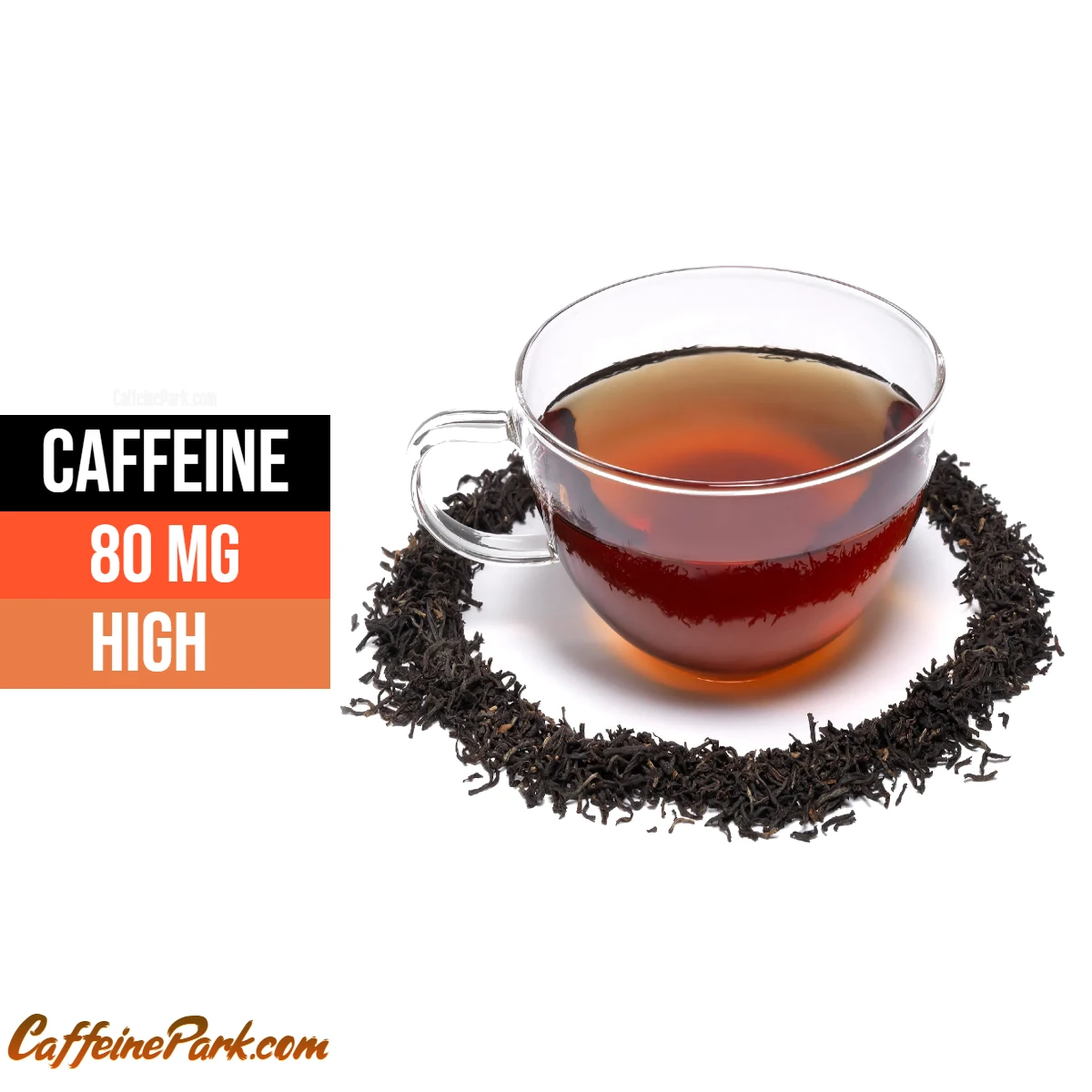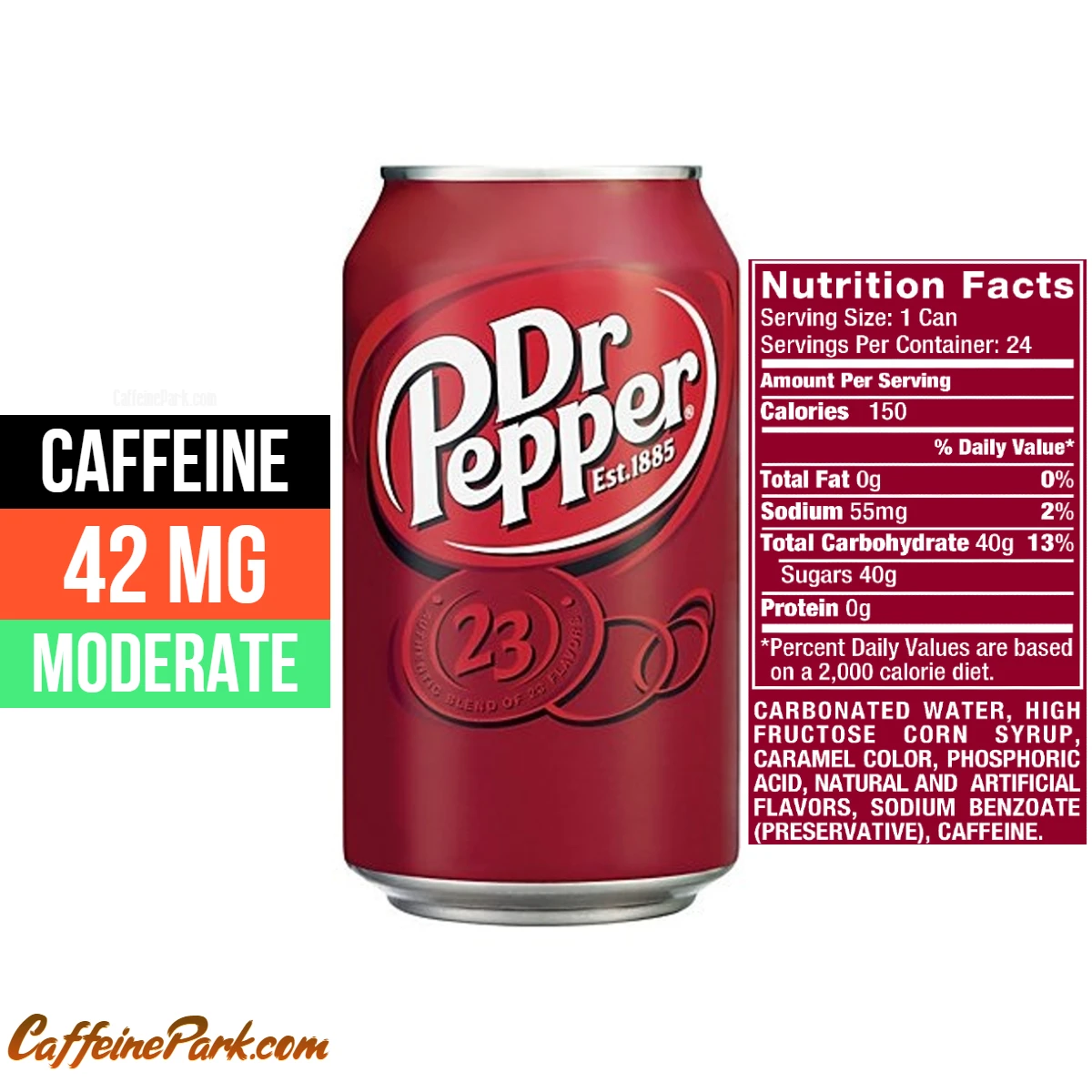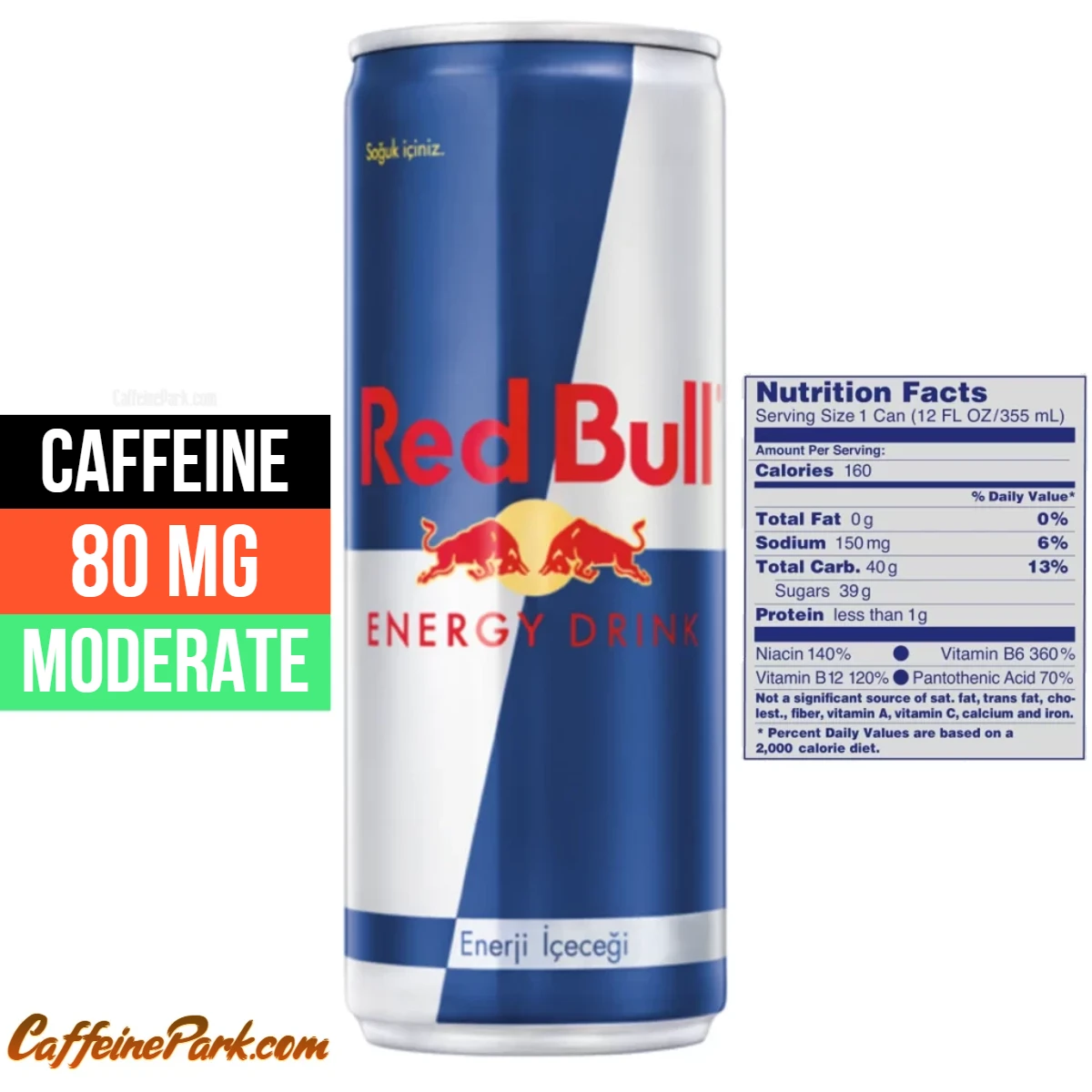
Assam tea Caffeine Content
Welcome to my blog about Assam tea’s caffeine content! If you’re a tea lover, you may have heard of Assam tea, which is known for its bold and malty flavor. But did you know that this tea variety also contains caffeine, a natural stimulant that can provide a boost of energy to help you start your day? In this article, we’ll explore the caffeine content of Assam tea and provide tips for brewing the perfect cup.
Assam tea is a type of black tea that’s grown in the Assam region of India. It’s known for its full-bodied flavor, which is often described as strong and malty. But what about its caffeine content? Assam tea contains an average of 80mg of caffeine per 8-ounce cup, which is roughly the same as a cup of coffee. However, the actual caffeine content can vary depending on factors such as the brewing time and the grade of tea leaves used.
If you’re a tea lover who’s looking for a bold and flavorful cup of tea that can provide a natural boost of energy, then Assam tea may be just what you need. However, it’s essential to drink it in moderation and pay attention to your brewing technique to ensure that you’re getting the best possible cup. So, read on to learn more about Assam tea’s caffeine content and how to brew the perfect cup, and don’t forget to stick around for our frequently asked questions section at the end of the article.
How much caffeine is in Assam tea?
Assam tea is one of the most caffeinated teas out there, with an average caffeine content of 80mg per 8-ounce cup. This amount of caffeine is roughly the same as a cup of coffee, making Assam tea an excellent alternative for coffee lovers who are looking to reduce their caffeine intake or switch up their morning routine.
Here’s a chart of Assam tea caffeine content based on serving size:
| Serving Size | Caffeine Content |
|---|---|
| 1 oz (28g) | 42mg |
| 8 oz (240ml) | 80mg |
| 12 oz (360ml) | 120mg |
| 16 oz (480ml) | 160mg |
The caffeine content of Assam tea can vary depending on factors such as brewing time, water temperature, and the grade of tea leaves used. For example, a longer brewing time or hotter water temperature can extract more caffeine from the tea leaves, resulting in a stronger cup of tea. Similarly, using higher-quality tea leaves can also result in higher caffeine content.
Assam tea vs. other teas: How does it compare?
Assam tea is known for its high caffeine content, but how does it compare to other types of tea? Here’s a breakdown of the average caffeine content of some popular tea varieties:
- Black tea: 47mg per 8-ounce cup
- Green tea: 20-50mg per 8-ounce cup
- White tea: 28mg per 8-ounce cup
- Oolong tea: 37mg per 8-ounce cup
As you can see, Assam tea falls on the higher end of the caffeine spectrum when compared to other teas. However, it’s worth noting that these are just averages, and individual brands and brewing methods can vary the caffeine content.
Assam tea Caffeine compares to coffee
A typical 8-ounce cup of coffee contains around 95mg to 165mg of caffeine, while an 8-ounce cup of Assam tea contains around 80mg of caffeine. However, it’s important to keep in mind that the actual caffeine content can vary based on factors such as the type of coffee or tea, the brewing time, and the serving size.
Additionally, while both coffee and Assam tea contain caffeine, they have different chemical compounds that affect how they affect the body. For example, coffee contains higher levels of chlorogenic acid, which can have a laxative effect on some people, while tea contains theanine, an amino acid that has been shown to have a calming effect.
Is Assam tea right for you?
Assam tea’s high caffeine content can be a double-edged sword. On one hand, it can provide a much-needed energy boost in the morning or mid-afternoon slump. On the other hand, consuming too much caffeine can lead to negative effects such as jitters, headaches, and trouble sleeping. Additionally, pregnant women and people with certain health conditions may need to limit their caffeine intake.
It’s essential to listen to your body and monitor your caffeine intake to ensure that you’re not consuming too much. If you’re sensitive to caffeine or trying to cut back on your intake, you may want to opt for a lower-caffeine tea variety such as green or white tea.
Final thoughts
Assam tea is a beloved tea variety that’s known for its strong, full-bodied flavor and high caffeine content. While its caffeine content may not be suitable for everyone, it can be an excellent alternative for coffee lovers who are looking to switch up their morning routine or reduce their caffeine intake. Just remember to monitor your caffeine intake and listen to your body to ensure that you’re not consuming too much.
When it comes to brewing Assam tea, it’s essential to pay attention to factors such as water temperature and brewing time to ensure that you’re getting the perfect cup of tea. For example, boiling water can result in a bitter cup of tea, while water that’s too cold can result in a weak and flavorless cup. Similarly, over-brewing can extract too much caffeine and tannins, resulting in a bitter taste.
Overall, Assam tea is a delicious and energizing tea variety that’s perfect for anyone looking for a robust and flavorful cup of tea. Just remember to drink it in moderation and pay attention to your brewing technique to get the best possible cup of tea. So go ahead, brew yourself a cup of Assam tea, and enjoy all the benefits that this amazing tea has to offer!
Alternative to Assam tea
If you’re looking for an alternative to Assam tea, there are several other tea varieties that you may enjoy. Here are a few options to consider:
- Darjeeling Tea – Like Assam tea, Darjeeling tea is also grown in India. However, it has a lighter and more floral flavor profile, making it a good choice for those who prefer milder tea.
- Ceylon Tea – Ceylon tea is grown in Sri Lanka and has a similar full-bodied flavor to Assam tea. However, it’s slightly milder and has a hint of citrusy notes.
- Keemun Tea – Keemun tea is a black tea from China that has a similar malty flavor to Assam tea. It’s often described as having a smoky and slightly sweet taste.
- Yunnan Tea – Yunnan tea is another black tea from China that’s known for its earthy and slightly sweet flavor. It’s a good choice for those who enjoy the bold flavor of Assam tea but want to try something different.
- Rooibos Tea – Rooibos tea is a caffeine-free alternative to black tea that’s grown in South Africa. It has a slightly sweet and nutty flavor and is a good option for those who are looking for a tea that won’t keep them up at night.
Remember that everyone’s taste preferences are different, so it’s essential to try different tea varieties to find the one that suits your palate best. Don’t be afraid to experiment with different brewing techniques, such as adjusting the steeping time and water temperature, to get the best possible cup of tea.
FAQs
Assam tea has an average caffeine content of 80mg per 8-ounce cup, which is roughly the same as a cup of coffee. However, the actual caffeine content can vary depending on factors such as the brewing time, water temperature, and the grade of tea leaves used.
While Assam tea is generally safe to consume, drinking too much can lead to negative effects such as jitters, headaches, and trouble sleeping. Additionally, pregnant women and people with certain health conditions may need to limit their caffeine intake.
Assam tea is a highly caffeinated tea variety, which may not be suitable for people who are sensitive to caffeine. If you’re looking for a lower-caffeine tea variety, you may want to try green or white tea.
To brew the perfect cup of Assam tea, start by heating water to around 195-205°F. Next, add one teaspoon of loose-leaf tea per 8-ounce cup of water and let it steep for 3-5 minutes. Finally, strain the tea leaves and enjoy your delicious cup of Assam tea.
While there is no conclusive evidence to suggest that Assam tea can aid in weight loss, some studies have shown that the caffeine and polyphenols found in tea may help boost metabolism and promote fat oxidation. However, it’s essential to remember that weight loss is best achieved through a combination of a healthy diet and regular exercise.
Read More:





